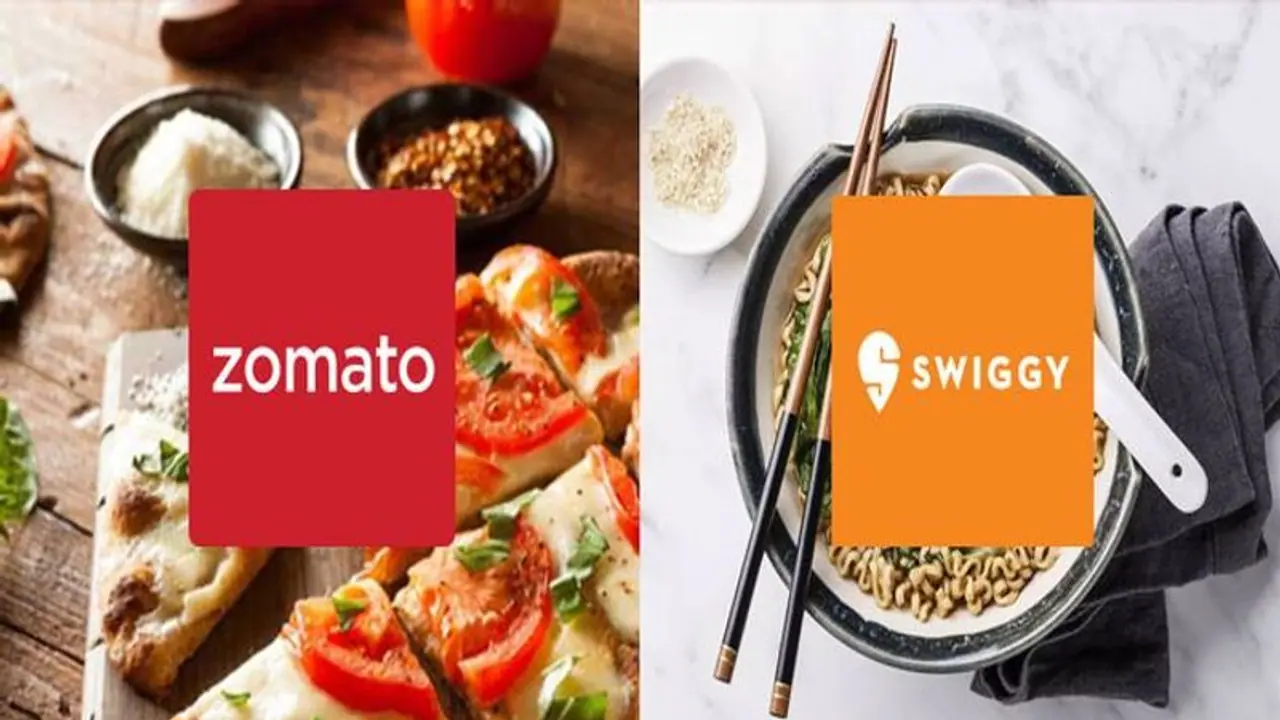Finance Minister Nirmala Sitharaman stated that e-commerce operators (ECOs) like Zomato and Swiggy would have to collect and deposit the 5% GST for food delivery instead of the eateries from where they pick up orders.
Zomato and Swiggy, two online app-based meal delivery companies, will now have to pay a 5% Goods and Services Tax (GST). On Friday, the 45th GST Council meeting voted on this.
Many people on social media expressed their displeasure with the move, believing that under the new GST regulation, they would have to pay extra for delivery. However, it was quickly stressed that the change would have no effect on end consumers because no additional tax has been proposed or introduced.

After the meeting, Finance Minister Nirmala Sitharaman stated that e-commerce operators (ECOs) like Zomato and Swiggy would have to collect and deposit the 5% GST for food delivery instead of the eateries from where they pick up orders. This is because meal delivery apps like Zomato and Swiggy are registered as TCS. As a result, the council's decision is likely to affect food delivery apps rather than consumers who previously paid this tax for restaurant meal delivery. Food delivery apps and cloud kitchens have been required to collect and deposit the 5% levy since January 1.
Also Read | Noida: Swiggy delivery agent accused of killing restaurant owner over order delay in order
The regulation was adopted to stem revenue leakages that were occurring under the present structure, since many eateries were evading GST payment on food delivery, according to Finance Minister Nirmala Sitharaman. According to Sitharaman, the matter was reviewed during the conference, and it was determined that the "site of delivery," rather than the origin point, would be taxed.
According to Revenue Secretary Tarun Bajaj, end consumers would not be affected by the decision and will not have to pay extra. Explaining it further, he said, "Suppose you get food from the aggregator, now the restaurant is paying taxes." However, we discovered that several establishments were not paying. Instead of the restaurant collecting and paying to the authorities, we are now stating that if you order, the aggregator will collect from the customer and pay to the authorities," he added. "There is no new tax, no additional tax. Restaurants formerly paid the tax; however, the tax will now be paid by aggregators, preventing revenue leakage," he noted.
Other announcements included the elimination of the GST on the importation of some extremely costly medications for muscle atrophy. The reduced GST rates on medicines used to treat COVID-19 have been extended until December 31.
